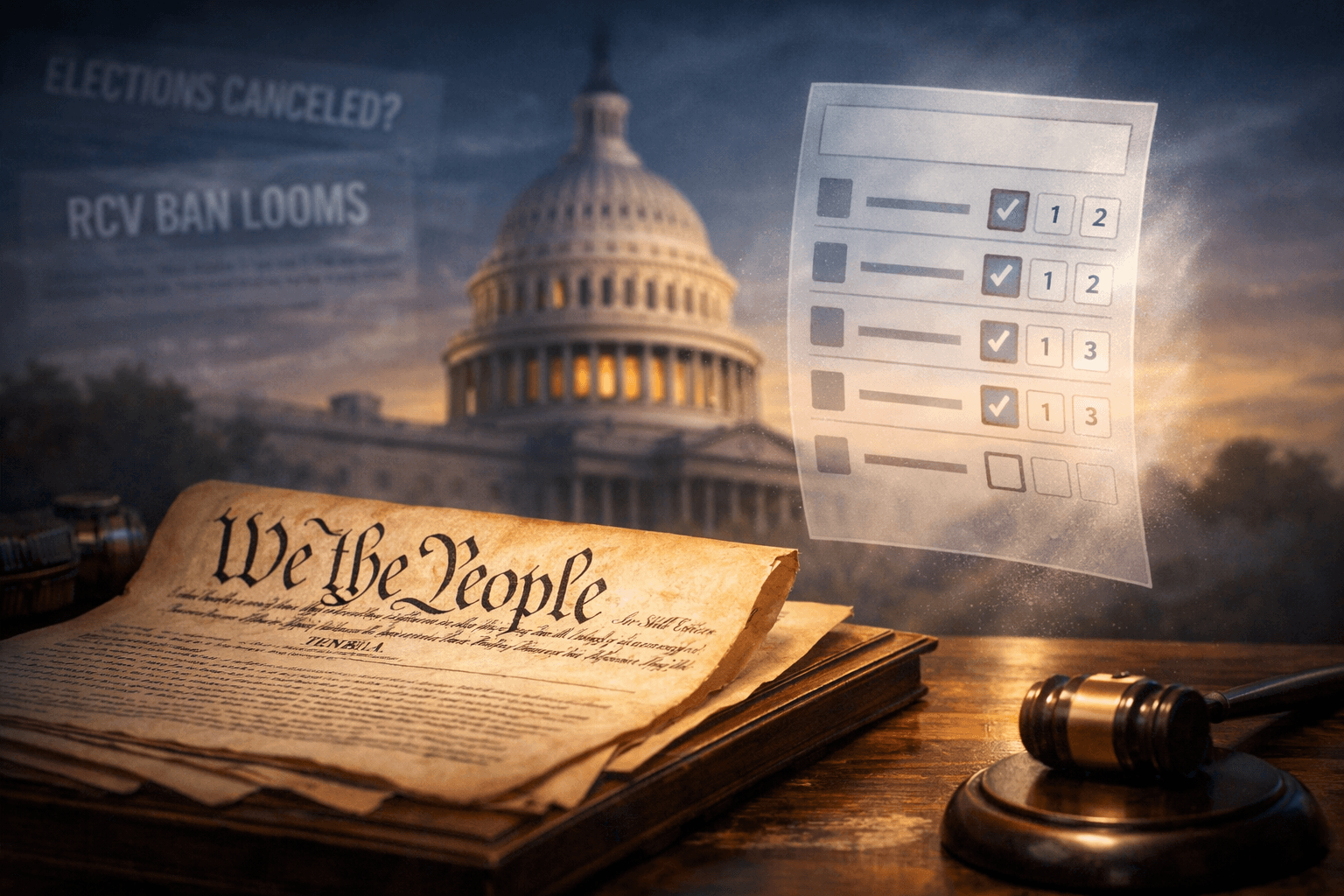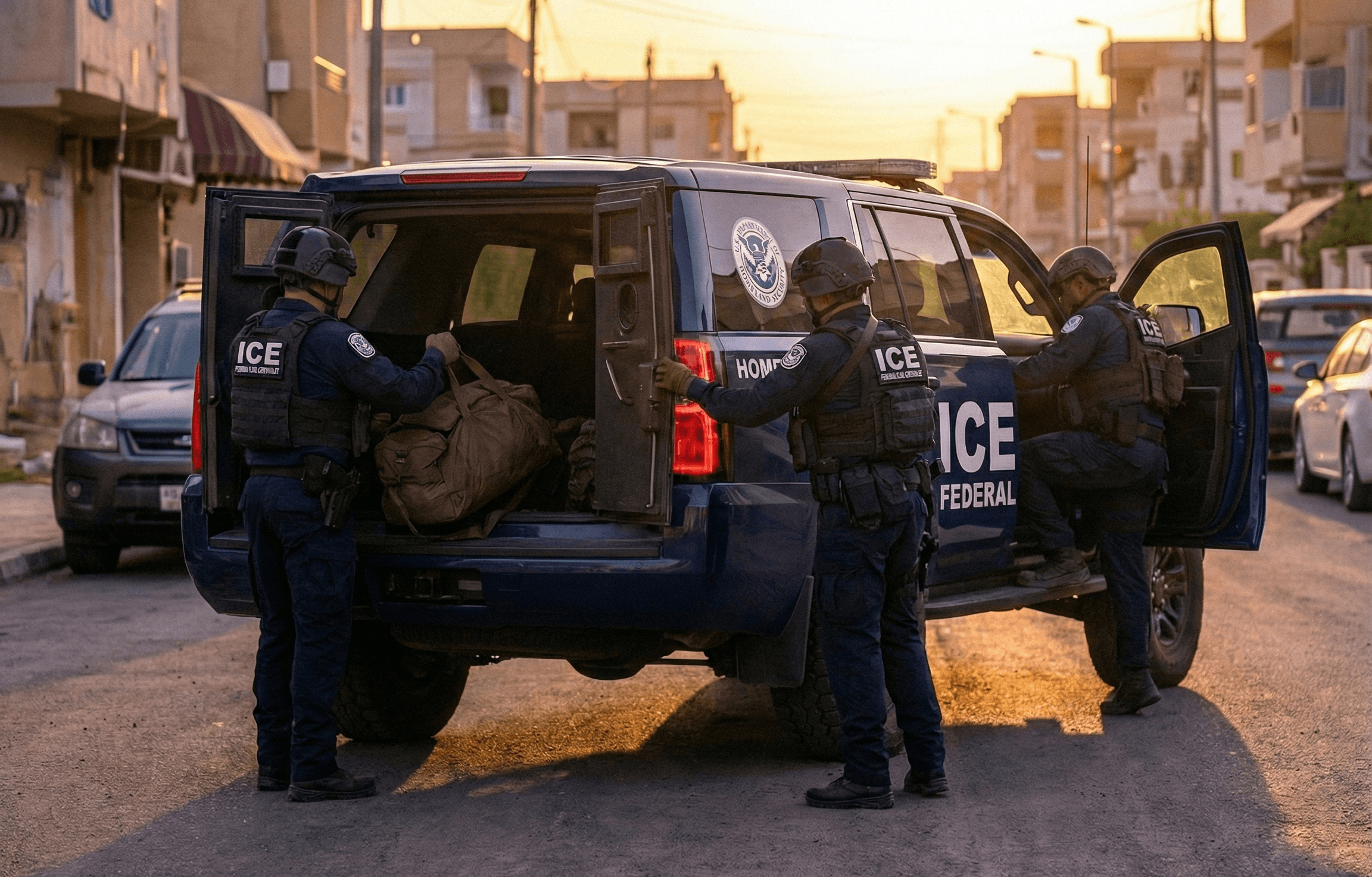Natural Disasters Reveal the Truth About Our Shared Humanity

Editor's Note: This piece was written by Malynda Hale and former mayor of Augusta, Georgia, Deke Copenhaver. Learn more about the authors below.
Though we come from opposite coasts, we share a painful reality that many Americans know all too well: our communities have been devastated by disaster. One of us lives in California, where historic wildfires have ravaged coastal cities - destroying thousands of homes and businesses, displacing tens of thousands of people, and claiming more than two dozen lives. The other lives in Augusta, Georgia, where Hurricane Helene recently caused widespread destruction by knocking down homes, wiping out farms, and taking hundreds of lives.
The subsequent days and months following these disasters are trying on our families, friends and neighbors who must pick up the pieces. Yet, they also reveal a hopeful truth that we rarely recognize in our current polarized environment – our shared humanity can endure if we are willing to extend our empathy across our differences.
We’ve witnessed this over the past few weeks as support poured in from first responders, frontline workers, and volunteers from across cities, states, and even countries. Firefighters rescued cherished photo albums from a burning home, people flooded donation centers with food, clothing, cash and the bare essentials; businesses opened their doors to displaced residents, and journalists rescued pets as homes turned to rubble.
This outpouring of support is not unique to California. After Hurricane Helene, we saw similar acts of kindness. In Augusta alone, a displaced resident invited FEMA workers to her rental home for Thanksgiving dinner and our community organized an event to honor those who went above and beyond to help.
While these moments of compassion and empathy give us hope that we can come together for the greater good, it also displays the growing difficulty in extending empathy to those we don’t understand or who are outside our immediate circle.
Studies show that people often perceive empathy as emotionally draining and costly, leading us to direct it only toward those we can relate to. This "empathy gap" is particularly apparent in our increasingly polarized country. Take, for example, the response to the loss of homes in wealthy neighborhoods. While many offered heartfelt messages of support, others struggled to empathize with people from affluent areas, seeing their loss through a lens of privilege.
Meanwhile, the devastation in historically Black and Latino communities were met with silence. These neighborhoods lost not only homes but also generations of cultural heritage, wealth, and employment opportunities. Despite extensive news coverage, their struggles barely capture the public’s attention, overshadowed by the constant churn of the 24-hour news cycle.
In many ways, this mirrors the broader experience of minority communities: while we all share dreams and joys, our struggles often fail to resonate beyond our own circles.
Many communities are a melting pot of ideological, geographical, and socioeconomic diversity, each with its unique problems. Yet, at its core, the loss of homes — no matter the community — is a shared loss. The pain of losing a family home filled with memories, security, and stability affects everyone.
If we fail to understand others’ experiences, we risk losing sight of their pain. This can lead to divisiveness and blame games that distract from joining hands across lines of difference to serve the greater good of our communities. In California, our divisive nature quickly fueled misinformation and conspiracy theories that spread faster than the fires themselves, while similar tactics on the East Coast hindered FEMA’s ability to aid struggling communities.
In both cases, leaders and the public were forced to divert attention from relief efforts to debunk false claims. We must stop playing into the partisan blame game that furthers the agenda of a few and replace it with constructive conversations for the sake of helping people and communities in need.
As we inevitably face more challenges ahead, we must realize that most Americans want to come together across our differences to solve our toughest problems together, but to build a stronger country for all, we must work harder to extend empathy beyond those we relate to or understand. We must hold onto these truths even when the smoke clears.
About the Authors
Malynda Hale is a singer, actress, and activist based in Los Angeles. She is the former host of the #WeNeedToTalk Podcast, creator of The Black Voices Heard Project, and owner of JMV Entertainment Music Agency. Deke Copenhaver is the former Mayor of Augusta, GA, author of the bestselling book “The Changemaker: The Art of Building Better Leaders”, host of the Changemaker podcast, and an Advisory Board Member for the Forward Party. Both Malynda and Deke are movement partners with Builders, a nonpartisan organization to overcome toxic polarization.





